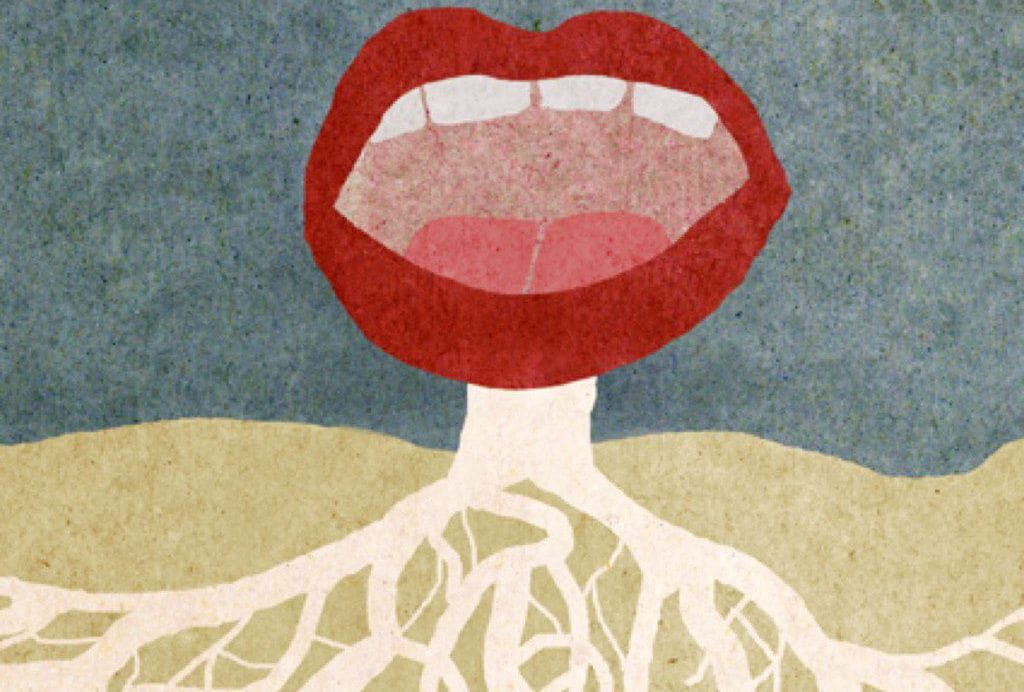Anushka Reddy Week 1: Rediscovering Roots
Our language is an essential part of our identity and helps you communicate and connect with people who share the same language as you. Language is predominant in the expression of cultural identity. It is more than words or a form of communication; it symbolizes our beliefs, customs, values, and traditions. Furthermore, language is also a form of cultural preservation. But what happens if you lose touch with your mother tongue?
My parents were born in India while I was born in the United States. Usually, most people only have one mother tongue, but I would consider my mother tongue as both Telugu and English as my parents spoke and taught me both simultaneously while growing up. My mother would speak to me in Telugu and I would respond back in the same language, while my dad would speak to me in English and I would respond back in English. I was fluent in both languages as a toddler.
However, once I started preschool and kindergarten, I started to speak English more due to having to interact with my peers. As a result, I started to speak only English at home as well. My mother still would speak to me in Telugu while I would respond back in English. Since I was at a young and impressionable age, I started to drift away from Telugu and would often struggle when speaking it. When relatives would call, I would stutter my words and turn to my mom for help translating. This went on for most of my life.
In 2018, I had to visit India for the summer to attend a family member's funeral. I have not seen most of my family and friends since I was four years old and was eager to reconnect with them. Unfortunately, communication with the elders was difficult as I could not properly communicate back with the ones who were not strong in English. I could only engage in surface-level conversation and could not fully connect with them like the rest of my family could. Even my other family members and friends would judge me for not being fluent in Telugu and would call me whitewashed. Some even went as far as to make rude remarks about me in Telugu, forgetting I could still fully understand the language—just had trouble speaking it. I felt like an outsider in my own family.
I had made a commitment to reconnect with my language ever since that summer. Fortunately, a chance came up when my grandparents came to stay with us for two months. My grandmother does not know English at all so I had to speak only Telugu with her which allowed more practice for me. In the beginning, I would often struggle and get frustrated since she was unable to understand my broken Telugu, but soon heavily improved and by the conclusion of the stay, I had amazed my family with how much I knew.
To this day, I still struggle slightly, but I can proudly say that my progress since the summer of 2018 has been extraordinary. I still continue to regularly call my grandmother and speak Telugu with her. Although it is a work in progress, I am slowly connecting back to my roots and language. The journey to renew my connection with my language has been filled with determination, with every stumbling block transforming into a stepping stone. Through this ongoing journey, I am connecting to my heritage and identity once again, one syllable at a time.



Hi, Anushka! The story of your experiences that you shared in your blog is so relatable and inspirational. I was shocked that your relatives talked about you behind your back. It doesn’t feel right to blame someone for their poor grasp of a language since so many people are struggling with the exact same thing. It feels rather inconsiderate that they didn’t consider the differences in culture that the US embodies compared to India. This incident you mentioned is able to deliberately display the importance our culture and language play in our identity. Although it’s unfortunate you had to go through those uncomfortable moments, it’s amazing that you were able to take time to improve your Telugu by such a significant amount. I bet next time you go back to India, it’ll be way easier to communicate with your relatives! I also absolutely loved the way you used analogies to enhance your points, such as the use of transforming stumbling blocks and stepping stones.
ReplyDeleteHi Anushka! I think your experience regarding your language is extremely relatable, and it's truly amazing that you were able to overcome these challenges. I found it unfortunate that you were blamed for not being fluent in your mother tongue, especially since you were taught to speak mainly English from a young age. Your passage captured the essence of culture and language, and how it is crucial to our identity.
ReplyDeleteHi, I relate to your story so much, this summer I also went back to Taiwan. I found myself barely being able to read the signs or menus, fortunately I was able to converse and talk in mandarin. In retrospect I did feel like at times I wasn't able to fully express my message because of my limited vocabulary. I feel like as I continue on, I try to read and practice some mandarin every so often. I feel like language is a huge aspect of our identity as it's how we converse to each other.
ReplyDeleteHi, Anushka! I also remember being proficient in multiple languages when I was little as well. My parents spoke to me in English, Gujarati, and Hindi. But overtime, my English has improved while my Gujarati and Hindi are in need of severe improvement. I admire your determination to learn Telugu in order to talk with your grandparents. I myself am working on speaking in my native languages when I am with my family. While my words are comprehensible, I still have a thick American accent.
ReplyDelete